First of all, you might be asking, “What is biohacking?”. In short, it’s the act of optimizing the functions of the body.
By biohacking your nutrition, you are aiding your bodily processes with the right nutrients and supplements to make them as efficient as possible.
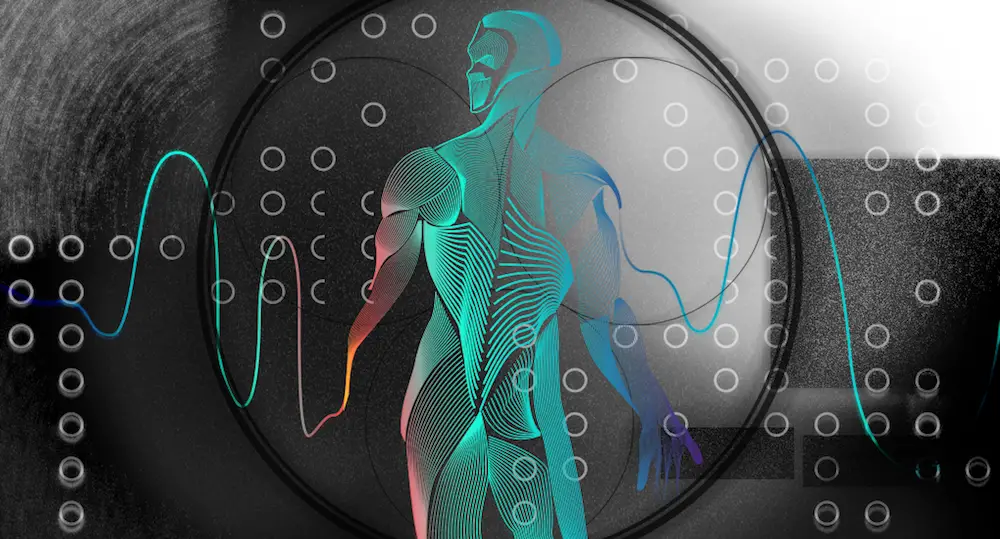
This includes a wide spectrum of bodily functions, namely digestion, gut health, brain health and cognitive processing.
As an example, nutritional biohacking includes optimizing foods for healthy digestion, such as using proper cooking methods/techniques, eating nutrient-dense foods in general – even as supplements – and understanding your genetic makeup in order to cater to your body specifically.
In today’s post, we’re covering ten easy ways to biohack your nutrition to make sure your body is tuned up and running at optimal speed. Let’s hack!
Top 10 biohack tips in a nutshell
- Check your histamine intake
- Ditch aluminium foil
- Research your genetics
- Start soaking and sprouting
- Eat a variety of meats & use gentler cooking methods
- Optimise digestion with diet
- Spice it up for extra benefits
- Hydrate upon waking up
- Supplement with real food
- Eat a ton of veggies
Pin this article for later.
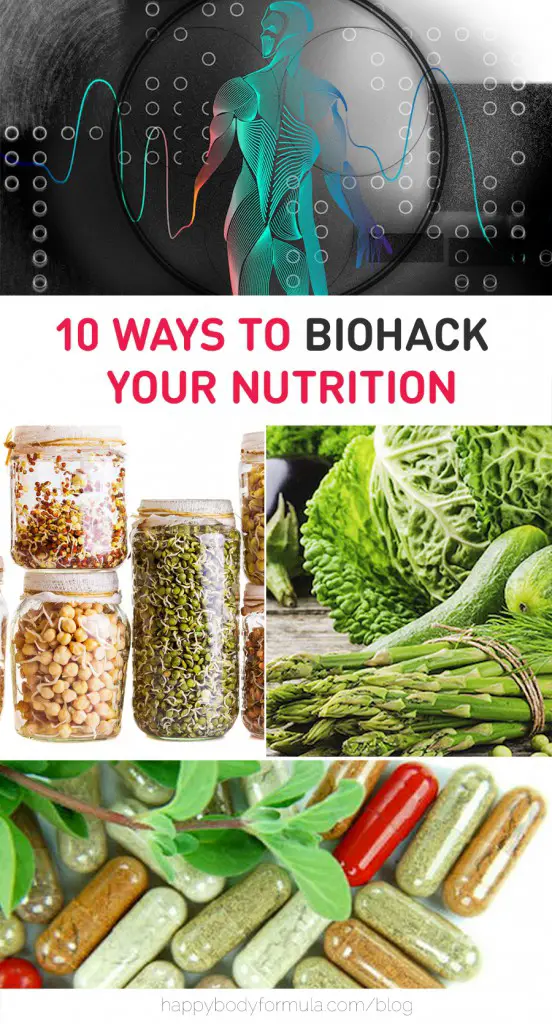
Check your histamine intake
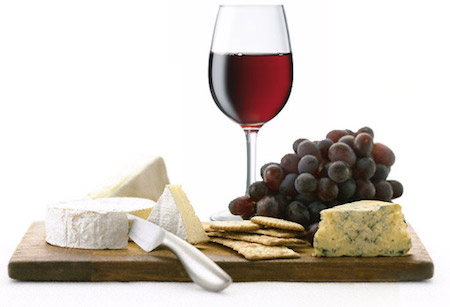
You might have heard of a low-histamine diet. Are you wondering if it’s for you? Histamine can actually cause food sensitivities in the body, which means our reactions will be more subtle than a food allergy or intolerance, making it more difficult to identify.
Some symptoms to look out for are consistent brain fog and low energy. Experimenting with an elimination of histamine containing foods such as wine and other alcohol, fermented foods including sauerkraut, vinegar and cheese, processed or smoked meats, and dried fruit can be helpful.
Consider eliminating histamine-rich foods and foods that release histamine for 30 days and reintroducing them one at a time to best observe if your body needs this biohack.
Ditch aluminium foil
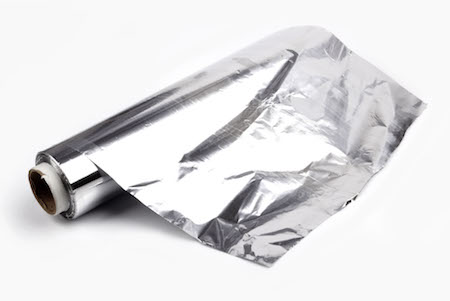
One of the best ways to biohack your nutrition is to begin with cooking techniques. When we optimise our methods of cooking to be the best for our bodies, we can eliminate a slew of unnecessary toxins.
Tin foil, in particular, is moderately dangerous when combined with heat. Six times more aluminium is released into the food you’re stewing or baking in the tin foil. Instead, consider using parchment paper for baked fish dishes and metal baking sheets or glass dishes for oven roasts.
Research your genetics
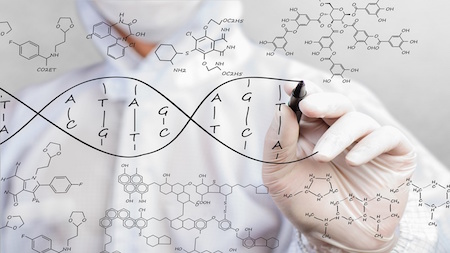
It’s easy enough to jump on board with any particular diet. When we’re presented with a new way of eating, it’s often assumed that particular way of eating is good for everyone.
The fact of the matter is that we are all very different, and our genetics play a HUGE role in the way our metabolism works with food. Thus, low-carb or low-fat isn’t for everyone, but it is for some people.
In order to make the most informed decision, it’s good to do a little digging in the gene pool. You’ll want to get a genetic test, like one offered from 23andMe, which is incredibly comprehensive.
Then, you’ll want to figure out what specific genes impact fat metabolism, what genes make individuals more prone to obesity, and even the genes that make people more susceptible to being lactose-intolerant.
It’s a complicated process, but a worthwhile science experiment if you have the time. It’s always recommended to work with a functional medicine practitioner or a nutritionist for best diagnosis.
Learn to soak and sprout
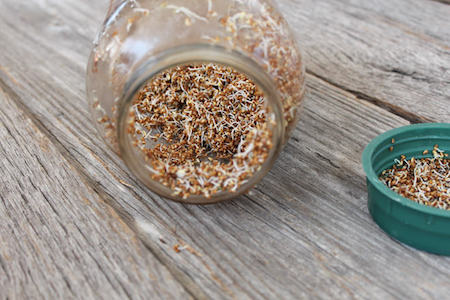
Soaking and sprouting grains, legumes, nuts and seeds is a practice we emphasize heavily in the guidelines of our 9-week Happy Body Formula program. Since we focus on elimination diet protocol, we also reintroduce all of these foods including buckwheat, chickpeas and lentils.
The problem with these foods in the first place? They contain phytic acid and other anti-nutrients which can affect our gut health and prevent nutrient absorption in the body.
Eating poorly prepared grains, nuts, seeds and legumes on a regular basis can cause vitamin and/or mineral deficiencies. Soaking and sprouting practice not only makes these foods easier to digest, but it also makes the present nutrients in more bioavailable for the body to use.
Check out this guide to soaking and sprouting times that will detail which foods this is important to consuming.
Eat a variety of meat
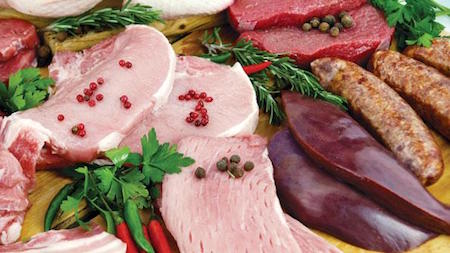
While we’ve discussed that no one diet is suitable for everyone, there are some core common principles across all diets. One of the most important factors to a healthy diet is variety.
From cooking oils to veggies to meat, it’s incredibly important, especially if you want to biohack your nutrition.
While meat is primarily a source of protein, it also contains different levels of vitamins, minerals and amino acids. By limiting yourself to one or two options, you’re limiting the possibility of delivering your body proper nutrition overall.
Eating too much lean muscle meat (chicken breast anyone?), which is rich in methionine amino acid, can lead to premature aging. However, these somewhat negative effects can be neutralized and reduced by consuming another amino acid called glycin.
Where would you find it? In fattier, tougher meat offcuts, bones, ligaments and offal. Regular servings of bone broth and slow cooked meat on the bone will ensure you are consuming a variety of amino acids and nutrients that compliment and balance each other out.
Instead of always grilling your meat and poultry, which can create harmful carcinogens found in the smoke and charred parts of the food, opt for wetter and more gentle cooking methods such as braising and slow cooking a few times a week. Once again, variety is often the key.
Optimise digestion with diet
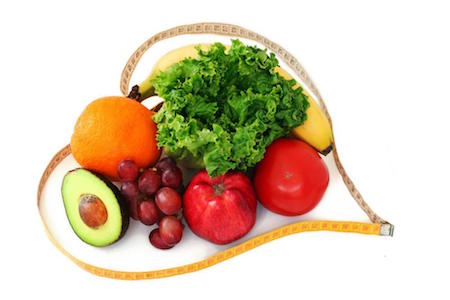
Digestion is something that’s pretty much an autopilot. Behind the scenes, it’s always happening, and we don’t have to put much thought into it. Whether you think you’re pretty normal or you experience clear digestive distress with conditions like Crohn’s or IBS, you can benefit from improving your diet for better digestion and gut health.
Enough fibre from vegetables, probiotics from fermented foods, proper vitamin and mineral intake, and enough protein and healthy fats will keep your gut happy and healthy.
Moreover, exploring genes and an anti-histamine diet can help you dig deeper into chronic digestive symptoms.
Spice it up
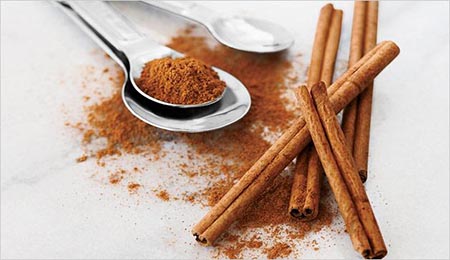
We’re talking about thinking outside of the spice box when it comes to biohacking your nutrition. Spices are some of the most healing foods on the planet. For example, cinnamon has some serious medicinal power – it’s just an incredibly dense source of vitamins and minerals!
Better yet, you can use ceylon cinnamon. It contains less coumarin which can be toxic to the liver, and it’s especially good at controlling blood sugar.
Another idea is infused honey; try mixing it with some chlorella or other spices and herbs for a nutritional boost. Honey makes a great preservative, so it’s more versatile than you might imagine.
For a powerful anti-inflammatory agent, turn to turmeric powder and ginger.
Hydrate upon waking up
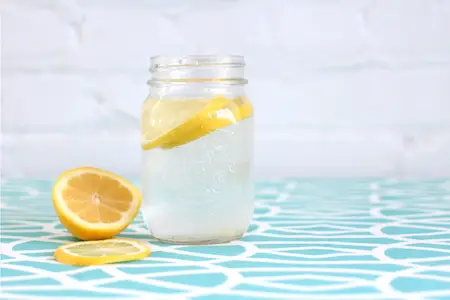
This might be something you hear repeated over and over like a broken record, but there’s plenty of good reasons why. Biohacking is all about making your body function as close to 100% as possible.
Whilst sleeping, our bodies naturally dehydrate. Starting off the morning with water is vital.
Want to kick things up a notch? Add zesty lemon to jumpstart digestion and give you a natural energy boost. Feeling even more creative?
Read more about Hunza water and how to make sole at home for a magical morning elixir.
Supplement with real food
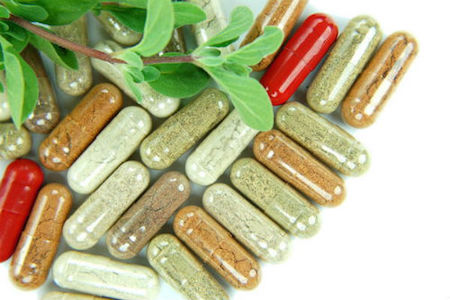
One great example of this is dried mushrooms. While one serving of shiitake mushrooms contains a substantial amount of vitamin D, dried mushrooms have much more concentrated sources of it.
Vitamin D in particular is one of the most commonly deficient in our bodies since we rely heavily on the sun for it. Another fantastic use of food as a supplement is to consume pistachios as a probiotic; they contain elements that make them fantastic for the microbiome.
By following other nutrition biohacking tips on this list like eating plenty of veggies, soaking and sprouting foods, and eating a variety of meats, you won’t have to bother with taking a multivitamin.
Relying on real food sources for micronutrients ensures optimal absorption by the body. You can trust that you’re getting what you need, and that it’s bioavailable.
Eat a ton of veggies
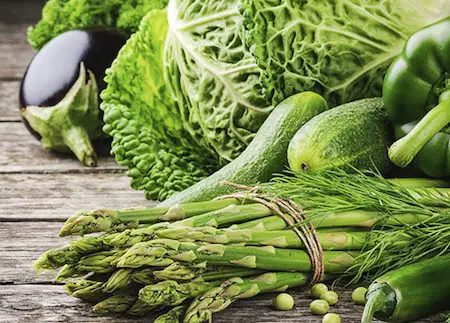
This goes without saying, doesn’t it? Any diet that is truly good for you is rich with veggies. We mean a lot of veggies.
Plant matter is a huge factor if you want to biohack your nutrition, digestion and brain functions. Plain and simple, vegetables are a fantastic source of vitamins and minerals that our bodies need to thrive on, along with fibre which helps to regulate digestion.
A good rule of thumb is to prioritize veggie intake, especially compared to fruit. Lean on berries, but limit fruit to once per day or less. Greens, on the other hand? There is no limit.
If you’re having trouble getting enough in, consider our 7 Day Make Ahead Meal Plan which incorporates enough vegetable servings each day.
Music, mountains, dogs, travel, food and friends.


Great tips here.. I’m glad to found this site which has lots of info!